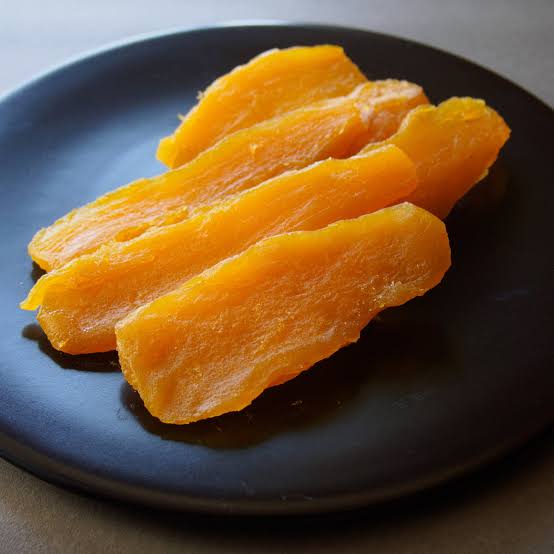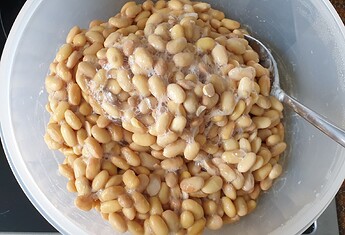44544 (community total) + 10 (my reviews) = 44554
44 554 (community total) + 11 (my reviews) = 44 565
44565 (community total) + 29 (my reviews) = 44594
44,594 (community total) + 21 (my reviews) = 44,615
44,615 (community total) + 63 (my reviews) = 44,678
44,678 (community total) + 104 (my reviews) = 44,782
44,782 (community total) + 52 (my reviews) = 44834
44 834 (community total) + 11 (my reviews) = 44 845
44 845 + 17 = 44 862
Not much today strangely.
44862 (community total) + 27 (my reviews) = 44889
WE’RE IN MITO!!!
Welcome to Ibaraki Prefecture, everyone. I’m sure you’ll love it here. Now, I had a difficult time deciding on only three things to write about, but I came up with them in the end. Here we go…
Ibaraki Prefecture
Mito Natto 水戸納豆
Those of you who have been to Japan have probably tried natto before, and it’s true that most Westerners absolutely hate it on their first try, but it’s surprisingly easy to get used to. It is a kind of fermented soy bean served with soy sauce, mustard and often chopped onions. It is very sticky and is often eaten at breakfast with rice. Those of you who have eaten it before will have probably eaten it out of a polystyrene tub, but a characteristic of Mito’s natto is that it comes in a straw nest called a waratsuto.
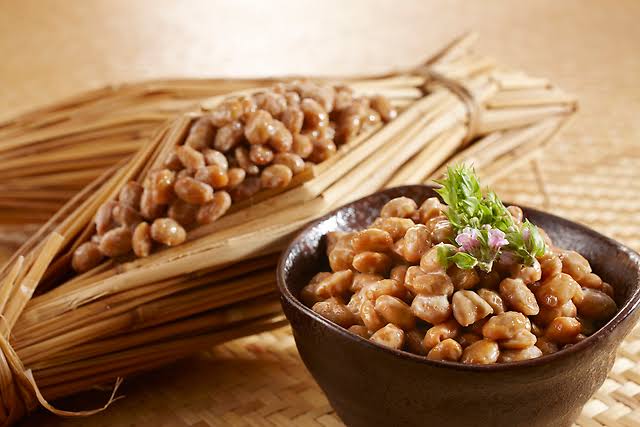
Hoshi Imo 干し芋
Available in winter, these dried sweet potatoes are a wonderful snack. Sweet potatoes are harvested, peeled and cut, then steamed and finally dried. The whole process takes weeks but they come out sticky, chewy and sweet. They are usually just eaten as they are, but it’s also a nice idea to pop them under the grill to bring out a little crispiness too! Shameless plug: one of the teachers in my school lives on a hoshi imo farm and ships to anywhere in Japan, so pop me a message if you want to order some at the end of the year. They’re usually available from mid- to late-December.
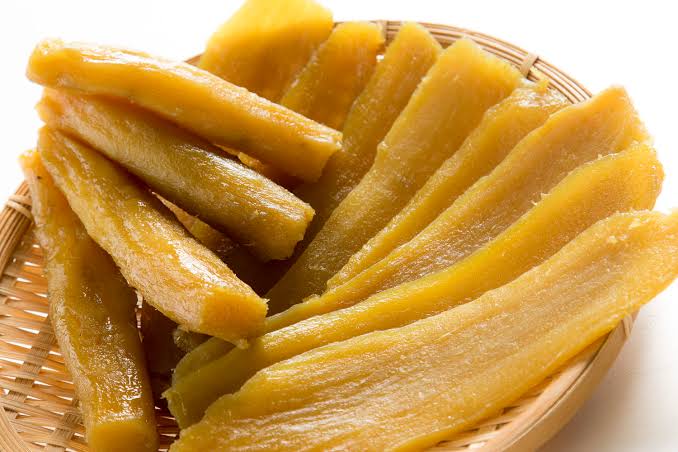
Anko Nabe アンコウ鍋
Anko is a monkfish and it is famous in Ibaraki cooked in a Japanese-style hot pot (nabe). The fish is cut up and put in a soup with vegetables of your choice. An interesting fact about this fish is that every part of its body, excluding the skeleton, can be eaten. Nabe parties are also very popular, whereby friends sit around a table and cut meat, fish and vegetables, throwing them into the boiling pot in the middle of the table as and when they choose.
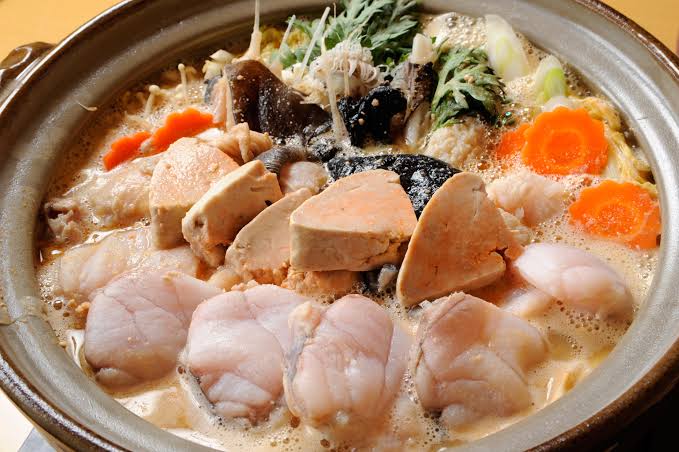
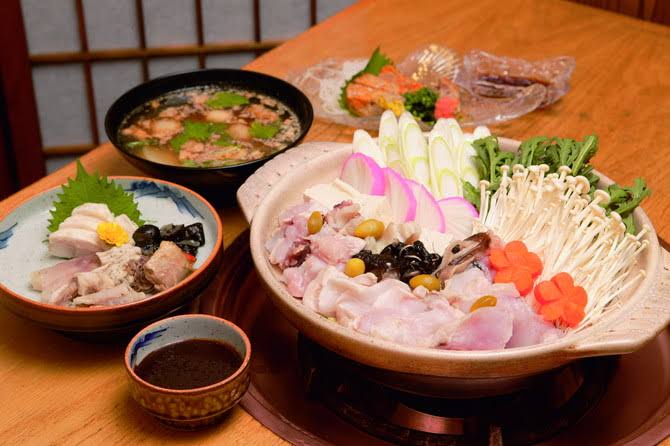
It’s 3,170 yen to get to Chiba City, Chiba Prefecture, so our next goal is 47,930. Let’s go!
44889 (community total) + 127 (my reviews) = 45016
I love natto! The first time I had it I was like “This isn’t that bad, what was everyone talking about?” And now I have it at least once a week. Even tried making it myself, which turned out ok-ish 
45016 (community total) + 20 (my reviews) = 45036
45036 (community total)+47 (my reviews)= 45083
45083 (community total) + 54 (my reviews, 3 days) = 45137
45137 (community total) + 36 (my reviews) = 45173
45173 (community total) + 30 (my reviews) = 45203
45203 (community total) + 23 (my reviews) = 45226
45226 (community total) + 31 (my reviews) = 45257


